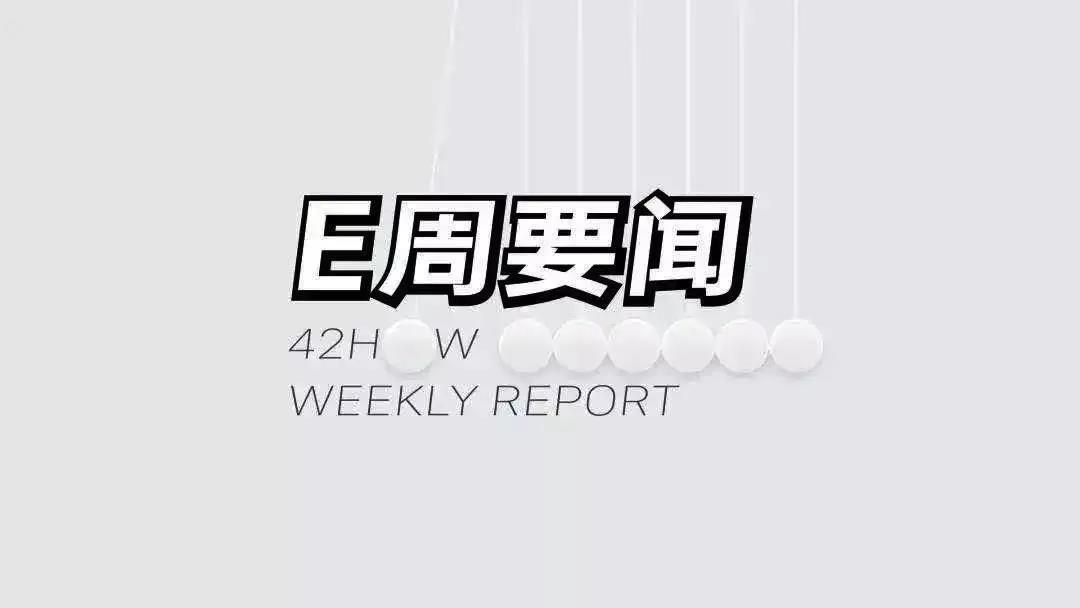Happy new year to everyone! Wishing you all success in the new year. Here’s the last issue of E Weekly in 2018. Enjoy.
Weekly Index
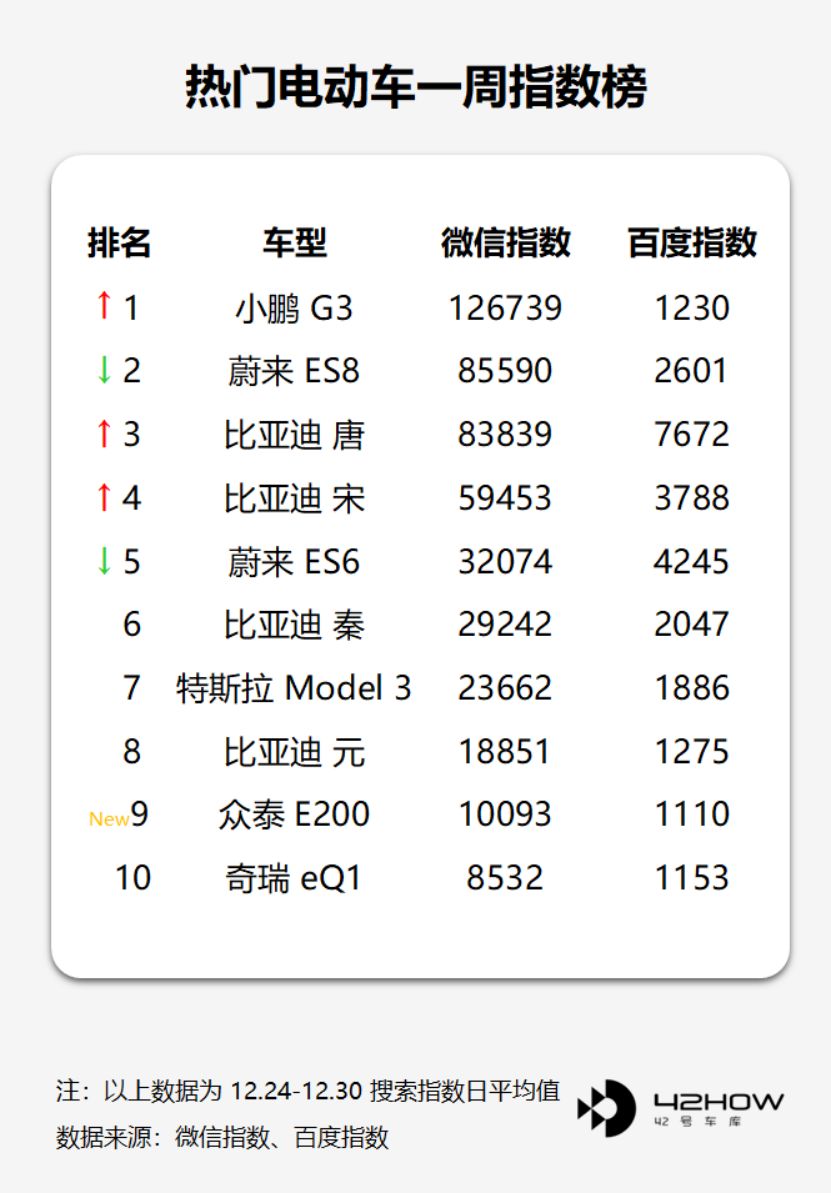
Note: The data was accumulated from DEKA and Skywell for the new brand “Tianji”.
Weekly News
Aiways Auto to Be Produced by Jiangling Motors
According to the announcement of Jiangxi Provincial Development and Reform Commission, the pure electric passenger car project of Jiangling Holdings Co.’s branch office in Shangrao has been approved. The project is planned to rent land from Jiangxi Yivi for construction, and Jiangxi Yivi is actually controlled by Aiways Auto. This means that Aiways Auto has officially obtained the production qualification of Jiangling Motors. However, the approved annual output of this project is only 100,000 vehicles, and according to the news released by Aiways Auto, the production capacity of its Shangrao factory is 300,000 vehicles per year. Therefore, the qualification problem of the other two-thirds of the production capacity remains unresolved.
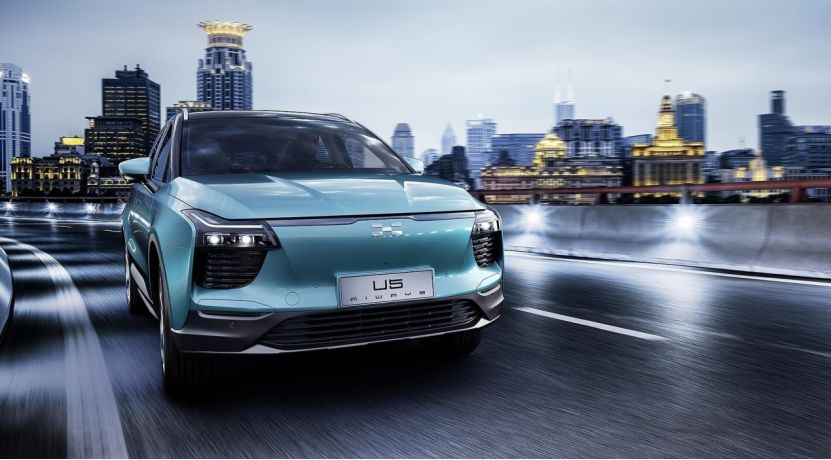
Comment: Qualification is indispensable for automakers, and it becomes more valuable when new forces are preparing for mass production. By embracing Jiangling Motors, Aiways Auto has determined the mass production of the U5. It remains to be seen if Aiways Auto will “lower the standard” for Jiangling Motors.
Delivery of the First NEVS 93 by Gotion High-Tech
On December 29, Gotion High-Tech held a delivery ceremony of the first batch of NEVS 93 pure electric vehicles at its production base in Tianjin Binhai New Area. Tang Lin, Vice President of Gotion High-Tech, shared NEVS 93’s future delivery plans with the first batch of customers: “At present, the first 500 NEVS 93 have been delivered to government procurement and online ride-hailing companies. We expect to launch delivery for individual customers successively in March 2019, and customers who have reserved through JD.com will enjoy priority delivery.”
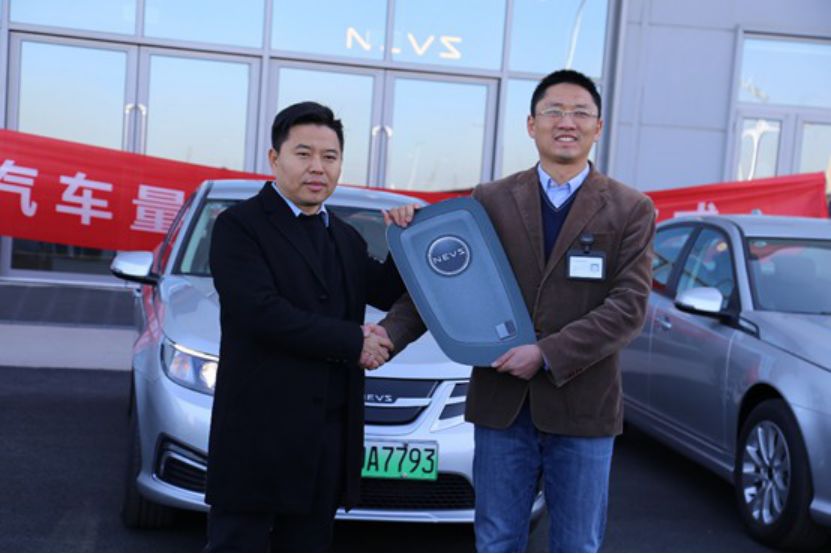
Comment: Perhaps because the delivery was not to individual customers, Gotion High-Tech’s delivery was very low-key. However, considering Gotion High-Tech’s introverted and implicit style, this is normal. The editor is curious about the NEVS 93, which looks like a Saab electric car inside and out. Can it also “fly low to the ground”?
Tesla Appoints Two New DirectorsOn December 28th, in order to comply with the settlement requirements of the SEC, Tesla announced the appointment of Larry Ellison, co-founder of Oracle Corporation, and Kathleen Wilson-Thompson, Global Chief Human Resources Officer of Walgreens Boots Alliance as members of the company’s board of directors. Just last month, Tesla appointed Robyn Denholm as the new chairman of the board.
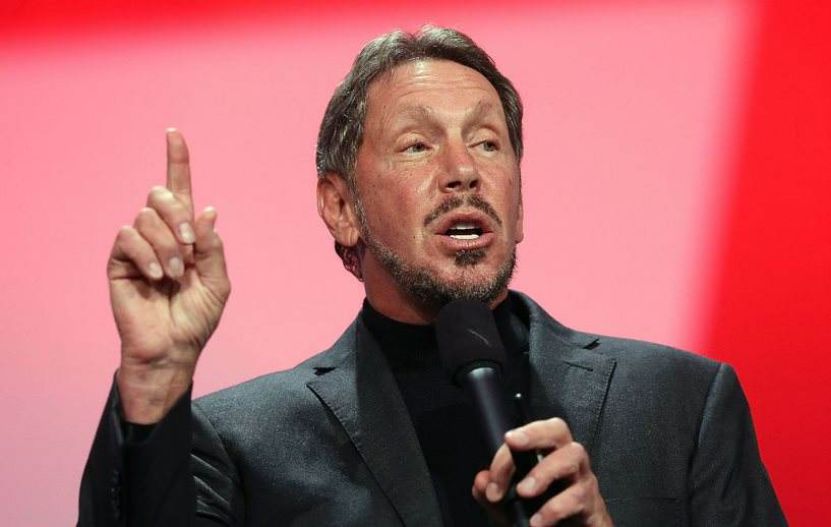

Quick Comment: Tesla’s board of directors now has 11 members, and Elon Musk will no longer serve as the chairman. However, there are still plenty of Musk’s close friends and allies on the board. As he himself said, “I can accomplish anything I want,” and as a result, the SEC is having a hard time dealing with the unpredictable Musk.
On December 25th, the first domestically produced London Electric Vehicle Company (LEVC) TX5 rolled off the production line, marking the official launch of the Geely-funded project for the production of new energy vehicles. In 2013, Geely acquired the London Taxi Company; in 2015, the TX5 prototype was unveiled in the UK; in 2017, the first TX5 was produced in Coventry, UK. The Geely LEVC project in Yiwu, Zhejiang is for the domestication of the LEVC TX5 technology, with the product equipped with a new energy power system from Geely. The project will produce six categories of new energy vehicles, including the TX5 series, new energy logistics vehicles, light commercial vehicles, high-end luxury commercial vehicles, high-end executive business vehicles, and pick-up trucks, with a planned annual production capacity of 100,000 units.
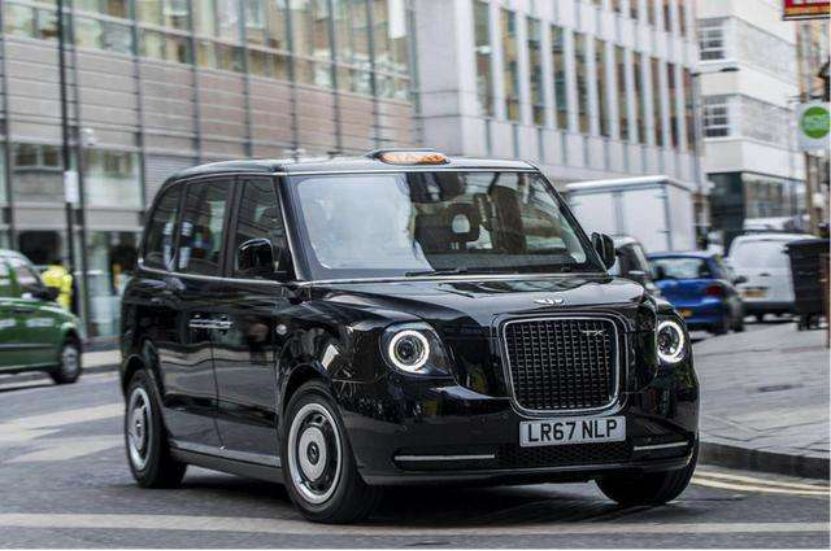
Quick Comment: In the past, the sale of LEVC TX4 in China was not successful due to the unconventional styling and high selling price. The plug-in hybrid version of TX5 still retains many humanized designs and configurations. Which taxi company in China will try it out first?### Indian company develops fast-charging battery that could fully recharge a car in 15 minutes
Reportedly, a company in India has developed a new type of battery that can fully charge an electric vehicle in just 15 minutes. The battery was developed by a company called Gegadyne Energy in Mumbai, which says it has applied for a patent for the battery and may commercialize it in 2020. Ameya Gadiwan, the company’s Chief Technology Officer, said, “Currently, we are working on third-party validation of battery prototypes and battery packs and will go for small-scale manufacturing in India in the next 12 months, with the cost range of our battery pack being similar to lithium-ion batteries.”
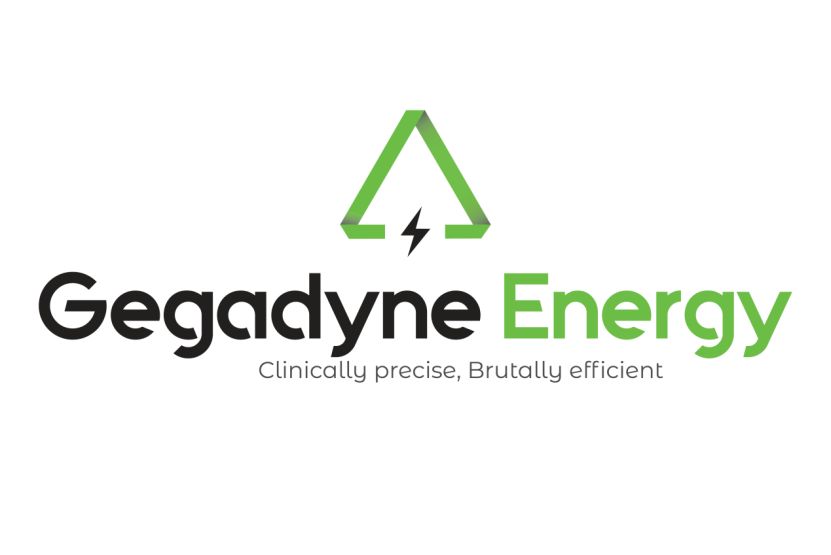
Quick comment: The development of internal combustion engines has reached a bottleneck, and with that comes the continuous innovation of battery technology that directly affects the use and popularity of electric vehicles. If Gegadyne Energy’s research results are successfully implemented, it will revolutionize the automotive industry once again.
Audi China partners with Huawei to complete the first actual vehicle-to-infrastructure test on highways in China
On December 29th, Audi China, together with Huawei and First Automotive Works (FAW) Group, completed the country’s first actual high-speed vehicle-to-infrastructure test on the Yan-Chong expressway, and carried out L4 level automatic driving and car-infrastructure collaboration demonstrations based on C-V2X (cellular network-based V2X). In addition, this test also completed projects such as lane-changing and overtaking, automatic deceleration, forward collision warning, abnormal intrusion warning and emergency parking.
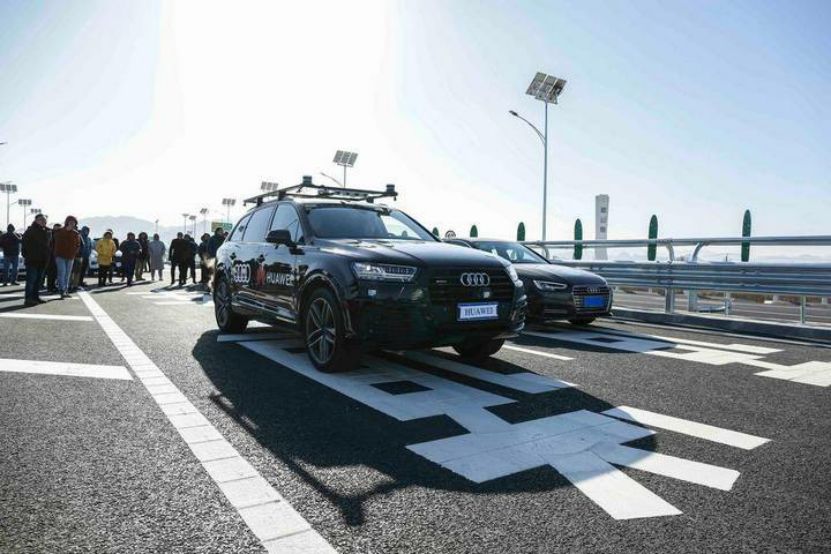
Quick comment: The intelligence of cars is developing rapidly, and at the same time, the smart traffic system is constantly improving. How to connect intelligent vehicles and roads has become an important issue. So far, well-known domestic Internet technology companies including BAT have laid out their strategies, but Huawei’s strength in car-to-infrastructure technology cannot be underestimated.



This article is a translation by ChatGPT of a Chinese report from 42HOW. If you have any questions about it, please email bd@42how.com.
